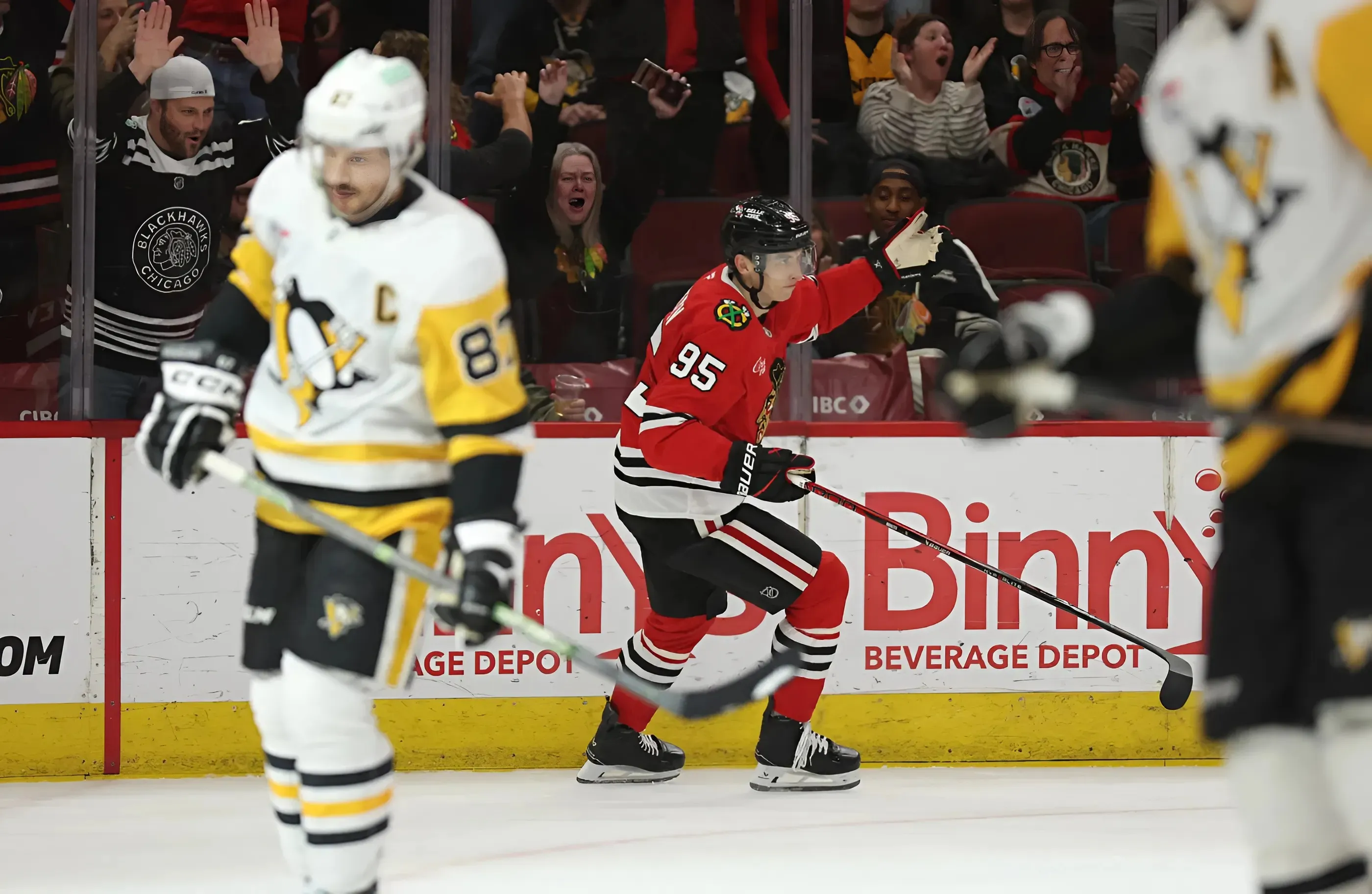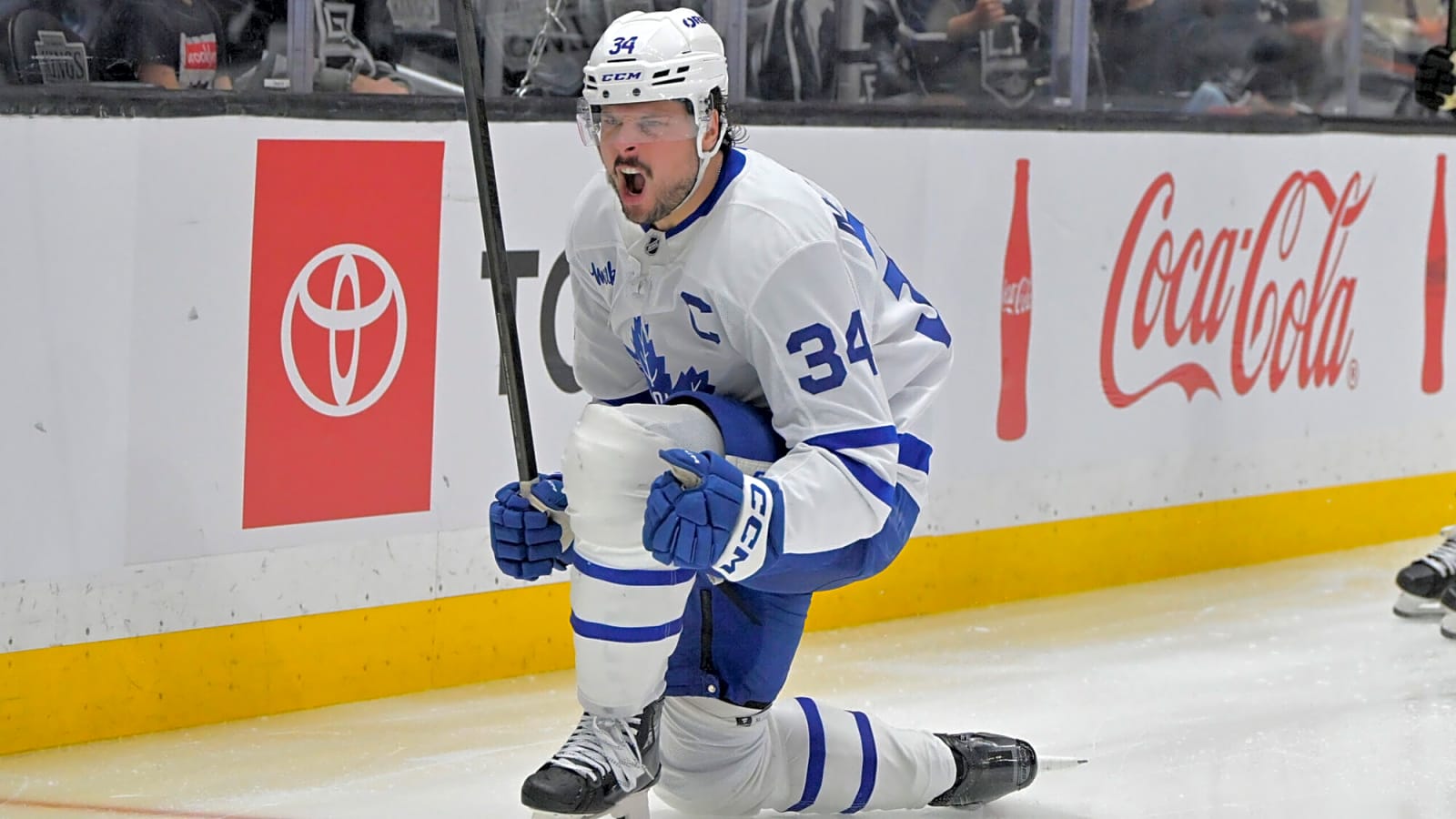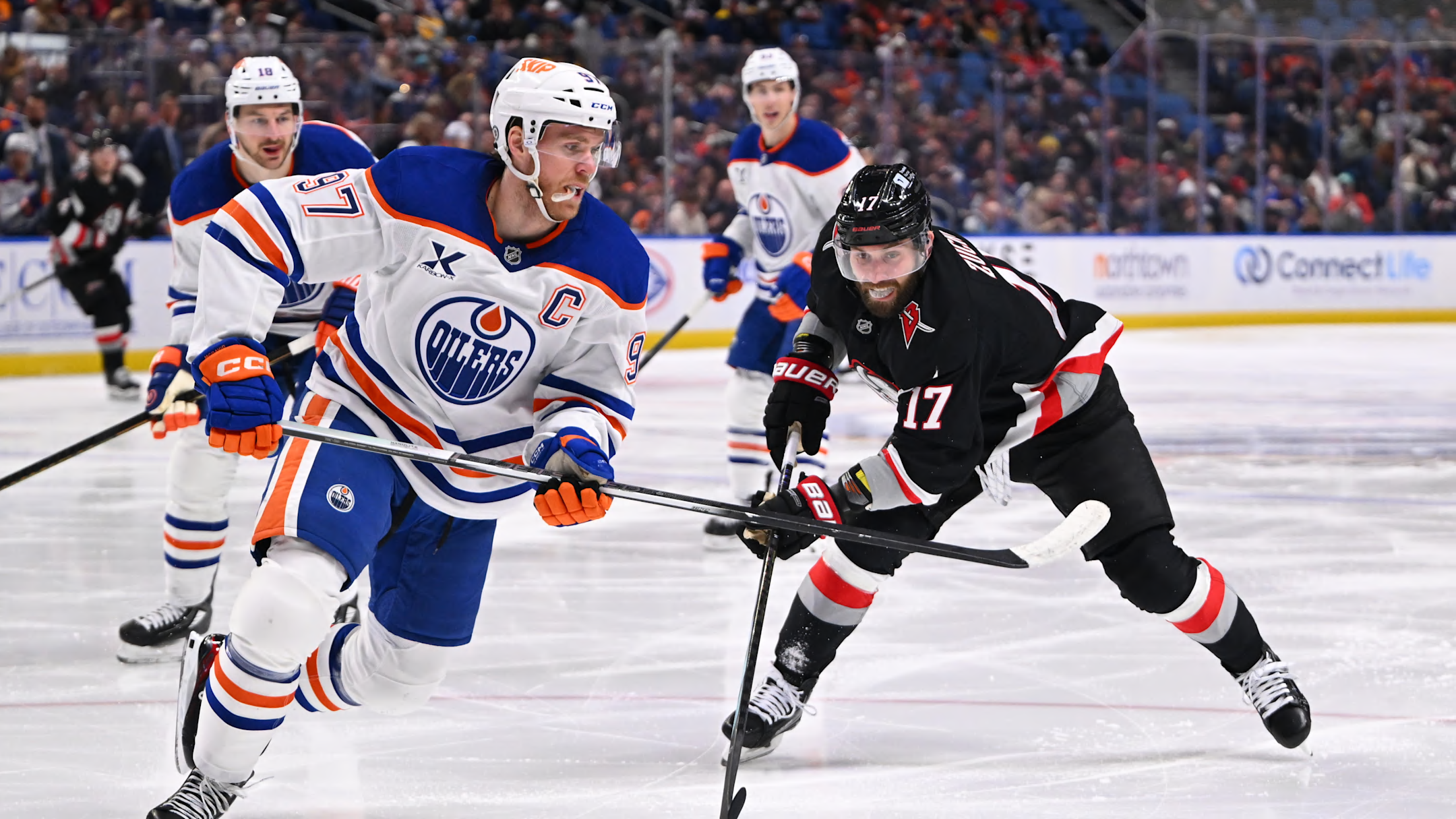There are losses that sting, and then there are losses that frustrate. This one? A little bit of both.
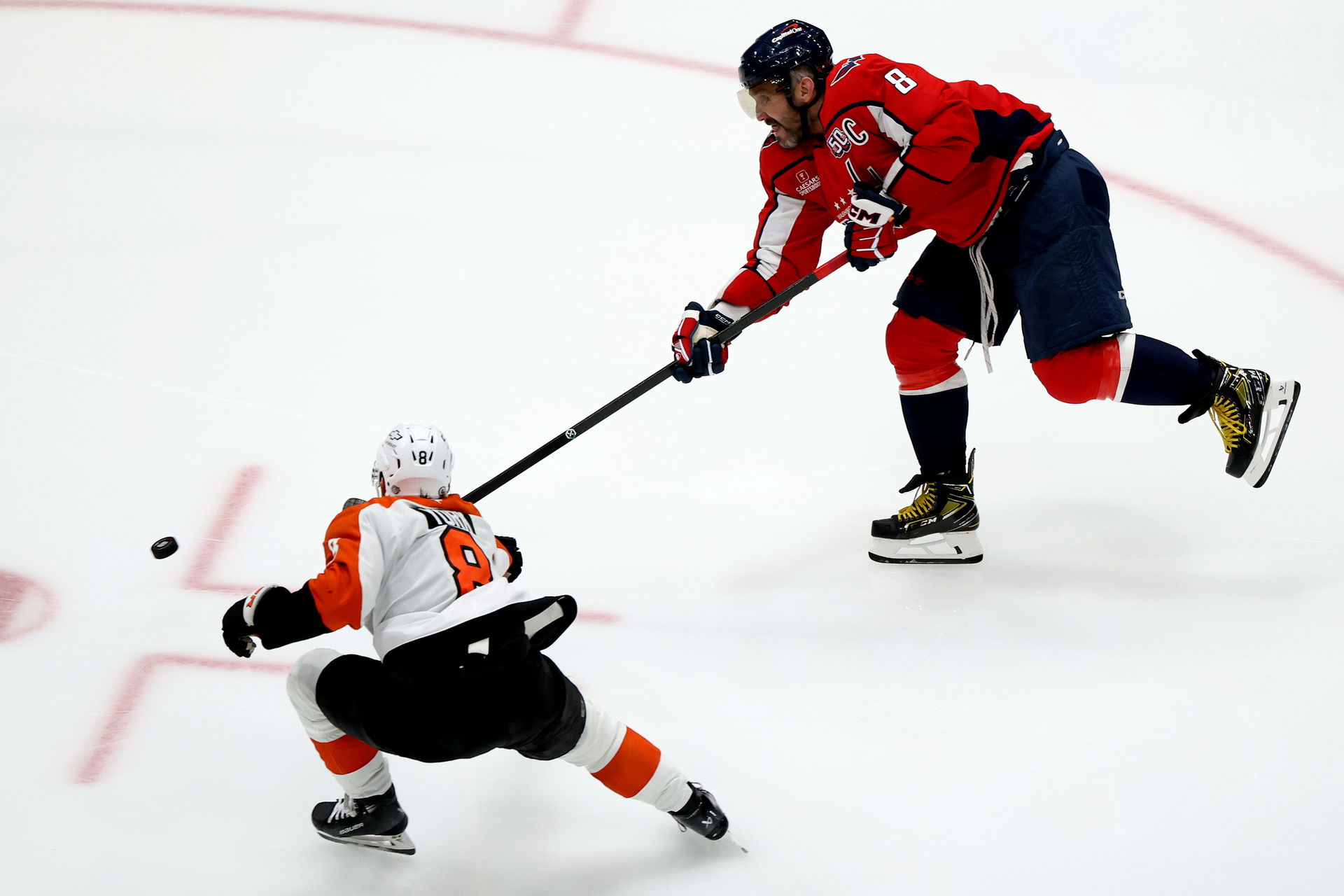
The Philadelphia Flyers came into Washington desperate for a spark after two straight shutouts. They found one in Ryan Poehling, whose second-period goal snapped their scoring drought and injected some much-needed life into the lineup.
They kept grinding, won two crucial coaches’ challenges, and had a dominant third period where they were the better team in almost every facet—except the one that mattered most.
Despite their push, Charlie Lindgren was on his game in net for the Capitals, and the Flyers just couldn’t find that tying goal.
1. Ryan Poehling Breaks the Drought and Brings the Energy
The Flyers hadn’t found the back of the net in over 190 minutes when Ryan Poehling finally ended the dry spell. It was a simple goal—a no-frills wrister that you might’ve missed if you blinked—but it got the job done.
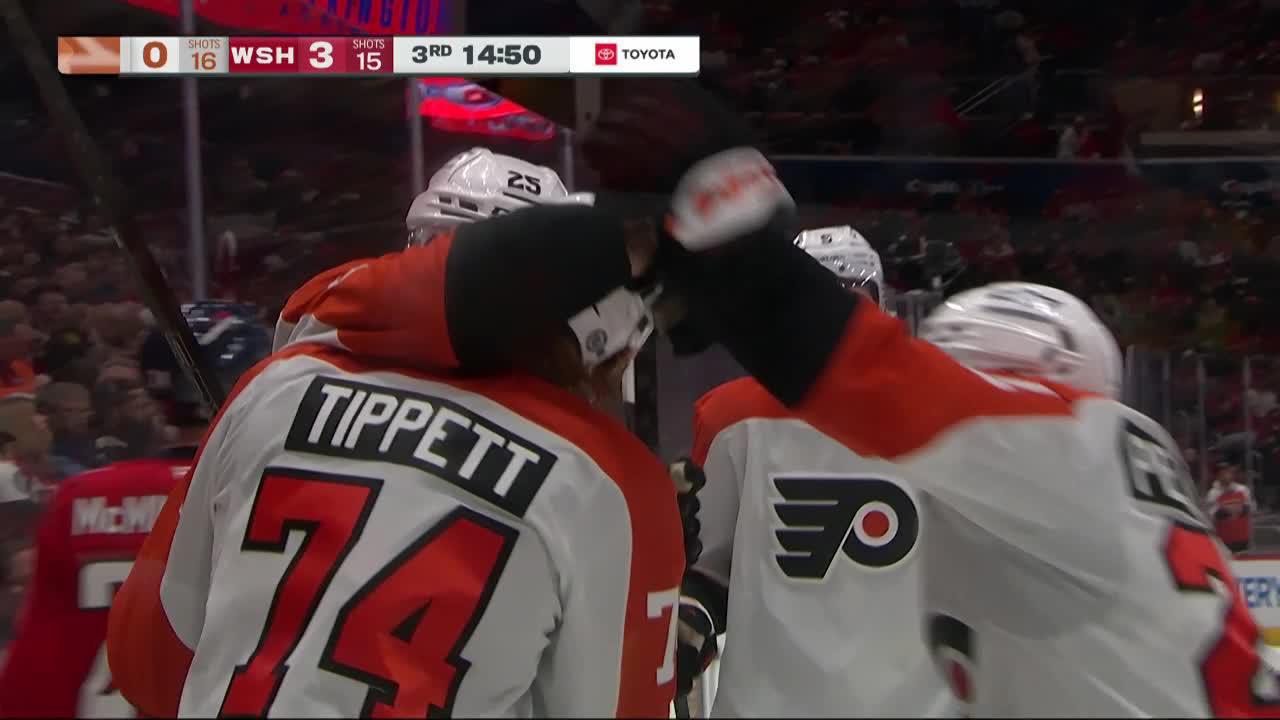
And just like that, the Flyers had life again.
“The only way you can get confidence scoring goals is to score a couple,” head coach John Tortorella told reporters postgame.
You could feel the lift in the bench, in the play, in the way they carried themselves for the rest of the game. It’s amazing what a single goal can do.
It was also fitting that it came from Poehling, a player who has quietly been a key depth piece all season. He’s been a relentless forechecker, a strong penalty killer, and a guy who plays with the kind of energy that can be contagious. In a game where the Flyers desperately needed a jolt, he provided it.
Even after the Capitals re-extended their lead, the Flyers didn’t fold. That goal was a spark, and while they didn’t complete the comeback, it was a step toward getting their offense back on track.
2. Two Huge Coaches’ Challenges Showed the Flyers’ Resilience
If there’s one thing you can’t question about this team, it’s their compete level. That was on full display in the second period, when two massive challenges—both successful—kept them in the game.
“It was a great night for our video coaches,” John Tortorella told media after the game. “They should get paid more.”
The first challenge came after Washington appeared to take a 4-1 lead. But a review showed that the goal resulted from a hand pass, and just like that, the deficit stayed at two. A game-changing moment.
The second challenge was even bigger. With the Flyers pressing, Sean Couturier found a loose puck in the crease and jammed it over the line. The play was initially waved off, but the Flyers challenged—and after a long review, the call was overturned. Goal. Suddenly, it was 3-2, and the Flyers had real momentum.
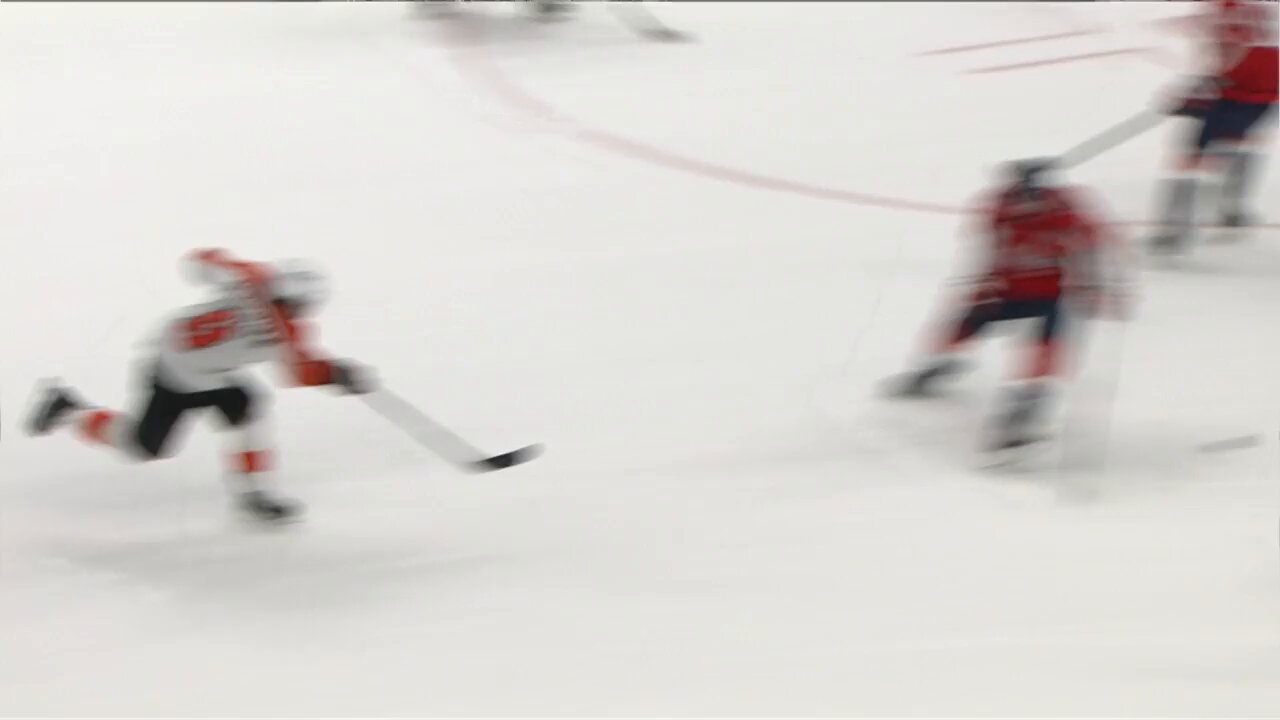
Those moments say a lot about the mindset of this team. They’re engaged, they’re fighting for every inch, and they’re willing to take their chances when the opportunity arises. The Flyers could have easily been looking at a 4-1 game heading into the third. Instead, they had a real shot at tying it.
3. The Flyers Were the Better Team Late—But the Goals Didn’t Come
The third period was all Flyers. They dominated possession, outshot Washington 16-2, and spent long stretches in the offensive zone. The desperation was there, the effort was there, the chances were there—but the tying goal never came.
That’s the most frustrating part of this one. The process was right—and it has been across this recent stretch of games—but the finish just wasn’t there. Some of that was Lindgren, who played an outstanding game in net for the Capitals. Some of it, though, was self-inflicted.
Tortorella made a specific point postgame about Travis Konecny, who has been in a bit of a slump lately. The 28-year-old winger had a couple of opportunities but, instead of shooting, he looked to pass. And Tortorella acknowledged the frustration surrounding knowing what Konecny is capable of, but not seeing that translate to goals.
“I’ve been talking to him,” he told reporters postgame. “With TK, you can see where it’s at when he should turn that 2-on-0 into a 1-on-0. He should go down and say, ‘I’m scoring this goal,’ not getting involved in a passing play. That’s where his mindset is right now.”
It’s a simple statement, but an important one. Konecny is at his best when he’s playing direct, aggressive hockey. When he hesitates, when he looks to make the perfect play instead of taking the shot that’s in front of him, he’s not as effective. And in a game where the Flyers needed just one more goal, those decisions made a difference.
“I want him to score that goal, not make a pass,” Tortorella continued. “Take the ice away from [Matvei Michkov, who received the pass in question], and you go score that goal. That’s the way he’s gonna get out of it…That’s the player he is.”
And this is not to single Konecny out—he’s been one of the Flyers’ most important players all season, and certainly not the only player on this team that’s had terrible puck luck. But it’s emblematic of the larger issue: the Flyers have the skills and they had their chances. They just didn’t capitalize.
Final Thoughts
If the Flyers had played the entire game like they played the third period, we’re probably talking about a different outcome. That’s both frustrating and encouraging.
Frustrating, because they had an opportunity to steal at least a point and didn’t. Encouraging, because this performance was a huge step up from the two games that came before it. The offense started to click. The energy was back. They played hard until the final horn.
And right now, that’s what they have to build on.
The playoff race is razor-thin. Every point matters. Every moment matters. The Flyers didn’t get the result they wanted in Washington, but if they carry this momentum into the next game—if they bring that third-period team from the opening faceoff—they’ll give themselves a real shot at getting back in the win column.
